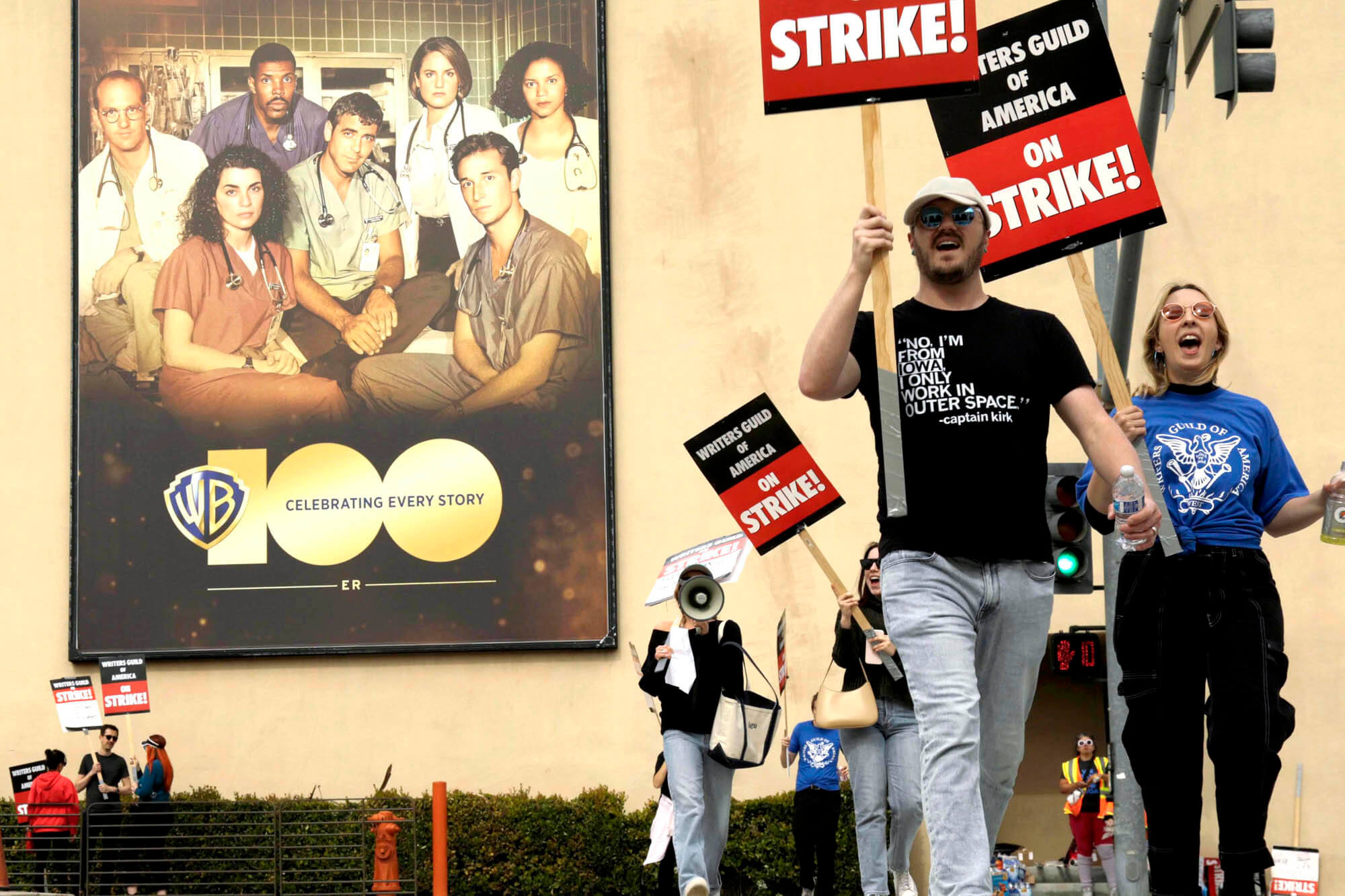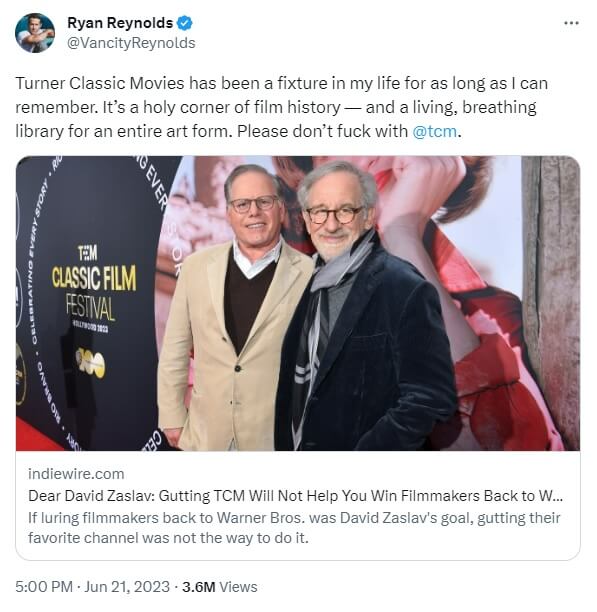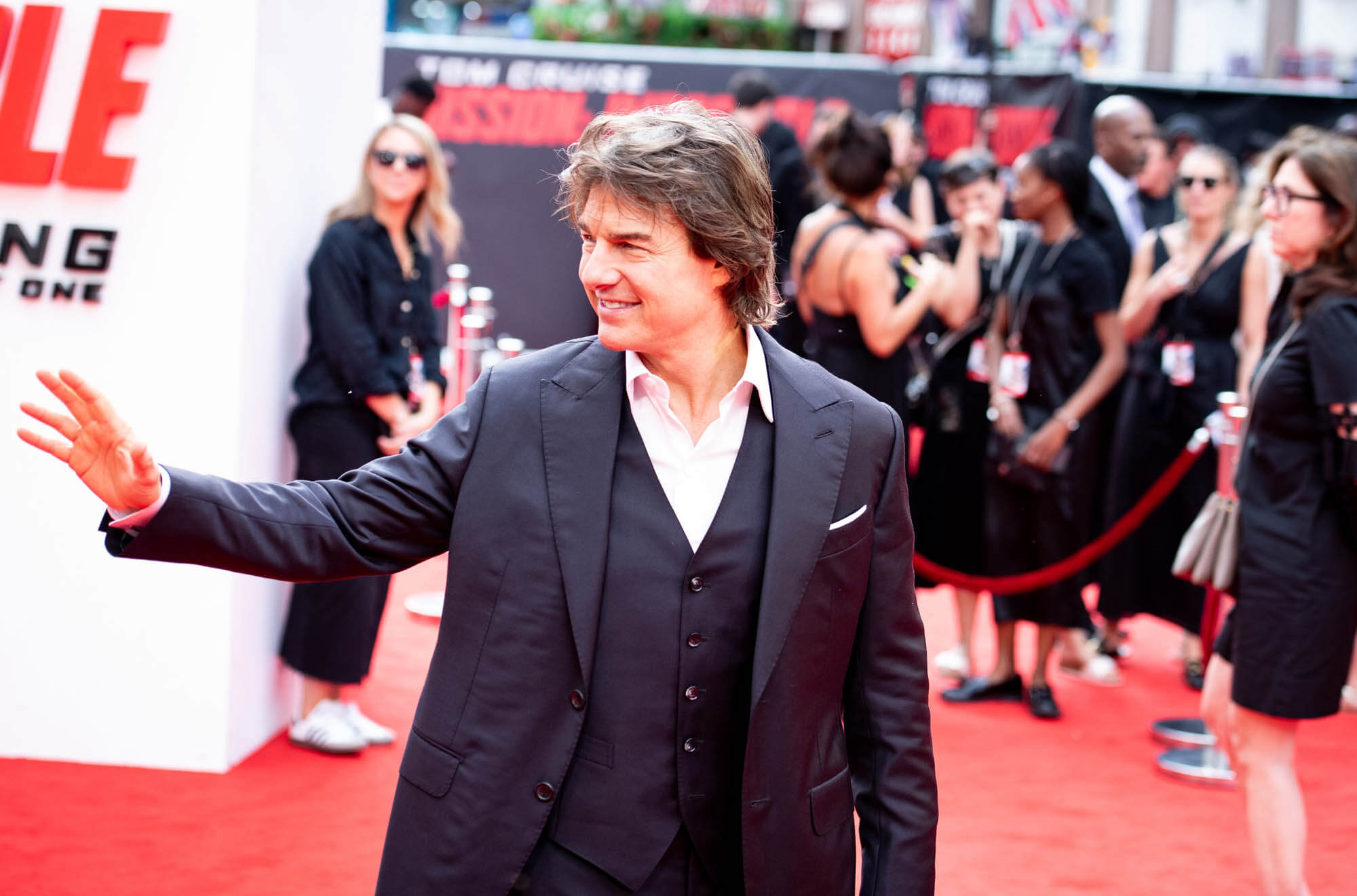Intro for June 23, 2023



Dear Gossips,
Behold! More Warner Bros. Discovery f-ckery is afoot! I don’t even know where to start, this week has been an avalanche of sh-t news from Warners, which is starting to look like the Hollywood equivalent of a fire sale under David Zaslav.
The latest round of layoffs were capped off by the exit of Pola Changnon, head of Turner Classic Movies, ending her 25 year career with the network. Also leaving TCM are executives Charles Tabesh (production), Anne Wilson (marketing), Dexter Fedor (creative/marketing), and TCM Enterprises VP Genevieve McGillicuddy. TCM is essentially gutted.
In a post-video store world, TCM is one of the last bastions where people can find classic cinema. As streaming platforms like Netflix increasingly choose not to invest in streaming pre-1970 films, TCM has become even more important. But the bloodletting this week indicates that Zaslav doesn’t the value the network as a cultural monument, despite earlier assurances that he “has TCM on in his office all the time”. (Beware people who claim to love art but do nothing for its benefit or preservation. Either they’re liars, or worse, they do love art, but they resent it more. The theory that Zaslav resents being known as the trashy reality guy and he’s taking it out on Warners’ legacy divisions is starting to hold some water with me.)
TCM is a fractional piece of Warners’ budget, it’s not like it costs a fortune to run—especially for a company staring down a potential billion-dollar loss from DC Films—but even if it did, TCM is a loss leader. It’s there to build goodwill among audiences and filmmakers alike, a promise to honor film’s past even as WBD moves into the studio’s new future.

Obviously, Zaslav doesn’t care about that, and no, I do not care about whatever reassurances he offered to Steven Spielberg, Martin Scorsese, and Paul Thomas Anderson. Oh, you three titans among film to whom he would say anything to save face, YOU feel “heartened and encouraged” by Zaslav? Okay, tell us what he said. Give us some clarity, some transparency, about what “shape” the new TCM will take within WBD.
Because that’s what us peons are missing. We only see the gutting of the last bastion of classic cinema readily available to those of us without screening rooms in our basements and private film collections. We’re a little scared we’re about to lose a major cultural artifact, essentially a museum open 24 hours, and NOTHING anyone has said so far alleviates those fears.
And then, just when you think things can’t get worse, news breaks that Warners executives have signed a deal to use AI project management system Cinelytic to help greenlight future movies. We can debate till the cows come home why it seems like movies suck now—is it the lack of sex and sexiness? Is it the glut of superheroes? Is it how smooth and polished everything looks with digital cinematography?—but a HUGE contributor to the issue of anodyne contemporary cinema, in America at least, is the lack of PERSONAL TASTE in the filmmaking process.
Movies used to be greenlit by wackos and weirdoes of every variety—a lot of them (allegedly) coked out of their minds for at least three decades running—and it showed in the films studios made. It wasn’t perfect, the studio system of early Hollywood put out a lot of garbage we’ve forgotten on purpose, but people were taking actual risks amidst the strict studio hierarchy and the reward are those films we remember, the films that nourished us on random weekend afternoons that we discovered flipping channels, or on the dusty shelves of video stores, everything from the musicals of the Golden Age to sword and sandal epics to rom-coms to drawing room dramas to the revolutionary films of the post-studio system indie boom.
And now Warner Brothers is going to let a computer weigh in on what audiences want to see. A computer that has never had a crush, fallen in love, fallen out of love, had its heart broken, gambled and won, gambled and lost, dreamed, hoped, imagined—a computer that has never lived is going to have a say in the films we see.
They’re touting that it will just help executives make financial decisions, but some of the best films were horrible financial prospects on paper. Would a computer have ever taken a risk on Jaws? A young director with only one moderate hit to his name, a lead cast made up of character actors, and a high concept with no traction in the marketplace? Never mind what films like Easy Rider, 2001: A Space Odyssey, The Heartbreak Kid, or Yentl looked like on paper. And how will a computer address systemic biases against BIPOC and/or women filmmakers? Humans have a hard enough time overcoming that, what effect will an algorithm have on efforts to increase equity in cinema?
I have asked this question several times before, but I will ask it again—who even wants to work with Warners anymore? Previous overlord Jason Kilar already alienated Christopher Nolan, David Zaslav seems to be doing his best to alienate everyone else.
Live long and gossip,
Sarah
